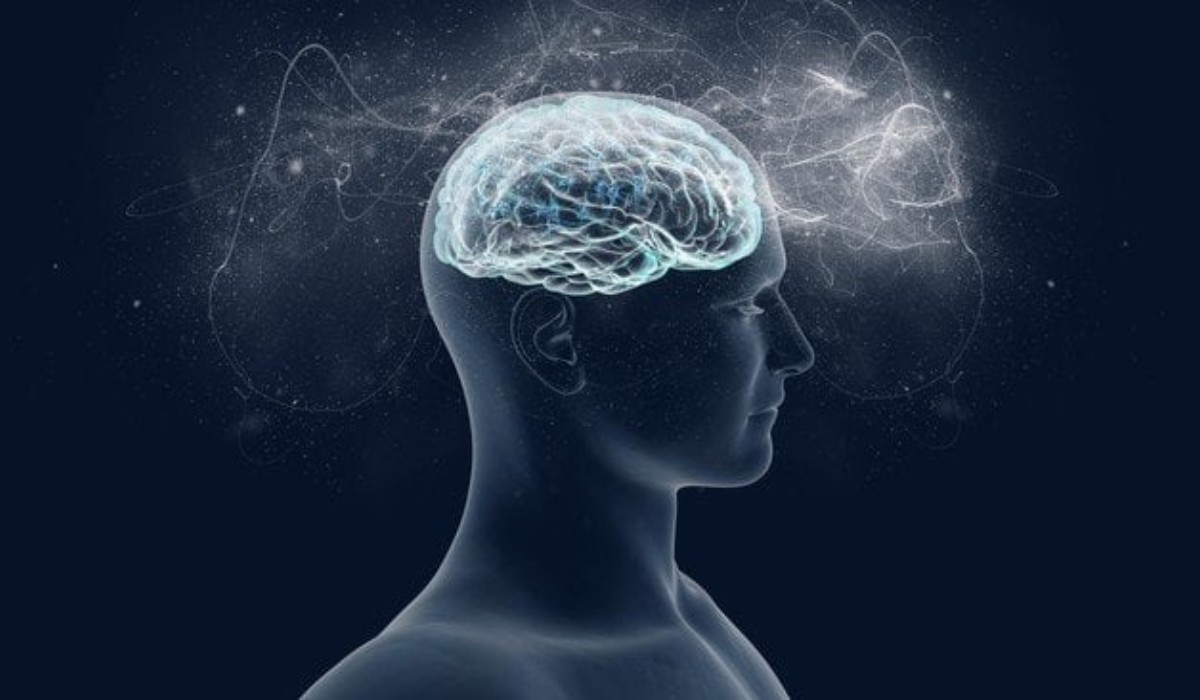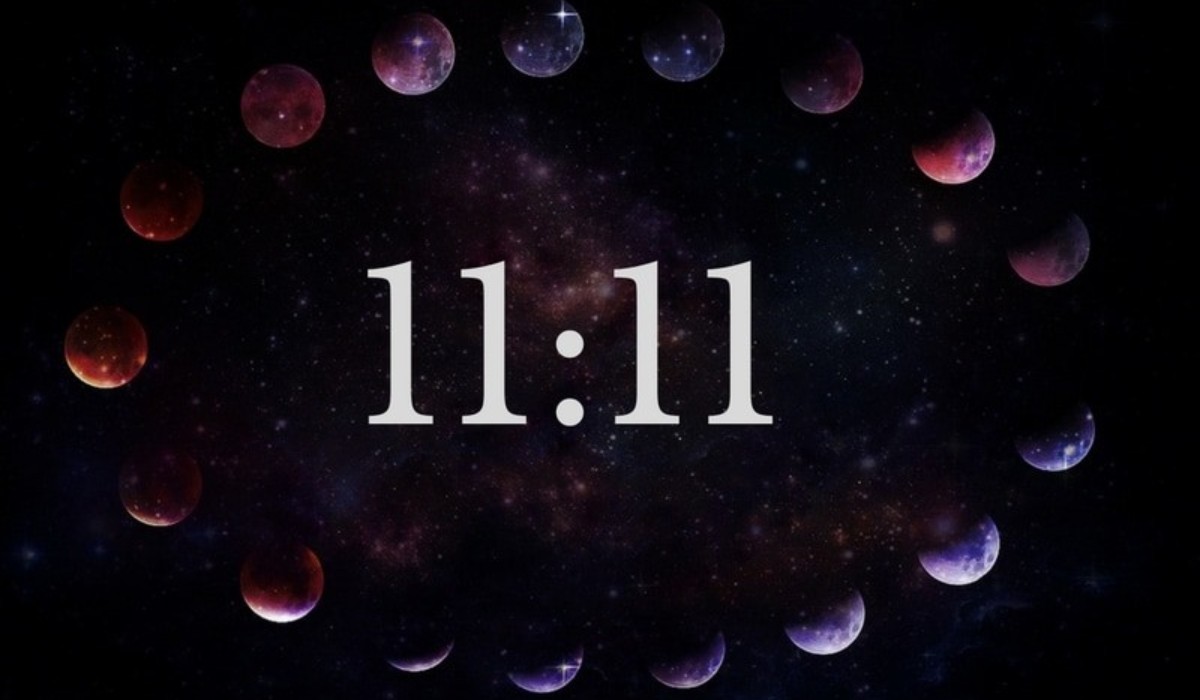Unconsciousness is a profound and enigmatic state of the mind that has intrigued scientists, medical professionals, and philosophers alike. This article delves into the various facets of unconsciousness, exploring its definitions, causes, and the implications it holds for our understanding of consciousness itself.
Defining Unconsciousness:
Absence of Awareness:
- Unconsciousness is characterized by the lack of awareness, responsiveness, and perception. Individuals in an unconscious state are not consciously experiencing their surroundings.
Altered States:
- Unconsciousness can manifest in various forms, ranging from a brief loss of consciousness, as seen in fainting, to deeper and prolonged states such as comas.
Also Read: Indian Railways to run 200 Aastha Special trains after Ayodhya Ram Mandir pran pratishtha
Causes of Unconsciousness:
Medical Conditions:
- Numerous medical conditions, including traumatic brain injuries, seizures, and certain metabolic disorders, can lead to unconsciousness. Understanding the underlying health issues is crucial in addressing and treating unconscious states.
Anesthesia and Sedation:
- Induced unconsciousness is often a controlled and reversible state achieved through anesthesia or sedation during medical procedures. This intentional unconsciousness is carefully managed to ensure the well-being of the patient.
Sleep and Dreams:
- While different from unconsciousness in a medical sense, sleep and dreams represent altered states of consciousness. Exploring the parallels between sleep and unconsciousness enhances our comprehension of both phenomena.
The Brain and Unconsciousness:
Neurological Mechanisms:
- Unconsciousness is intricately tied to the functioning of the brain. Neurological studies shed light on the neural circuits and processes involved in conscious awareness and the transitions to unconscious states.
Consciousness Spectrum:
- The concept of a consciousness spectrum acknowledges that consciousness exists on a continuum, from fully awake and aware to various states of altered consciousness and unconsciousness. This spectrum provides a nuanced understanding of the diverse states of the mind.
Implications for Understanding Consciousness:
Consciousness as Dynamic:
- Unconscious states challenge the notion of consciousness as a static and singular entity. Recognizing the dynamic nature of consciousness prompts exploration into the factors influencing shifts between conscious and unconscious states.
Exploring the Uncharted:
- Unconsciousness serves as a gateway to uncharted territories of the mind. Research into unconscious states holds the potential to uncover hidden aspects of cognition, memory, and the intricacies of human consciousness.
Medical Interventions and Ethical Considerations:
Emergency Responses:
- Timely and appropriate responses to unconsciousness, especially in emergency situations, are critical for patient outcomes. Training and awareness in first aid become essential for both healthcare professionals and the general public.
Ethical Dimensions:
- The ethical considerations surrounding unconsciousness involve issues such as informed consent, end-of-life decisions, and the use of sedation in medical practice. Balancing medical interventions with respect for individual autonomy is paramount.
Unconsciousness remains a captivating realm at the intersection of medicine, neuroscience, and philosophy. As we unravel the complexities of this state, we gain profound insights into the nature of consciousness itself, pushing the boundaries of our understanding of the mind.
Also Read: Unconventional Business Ideas: Innovations That Broke the Mold











